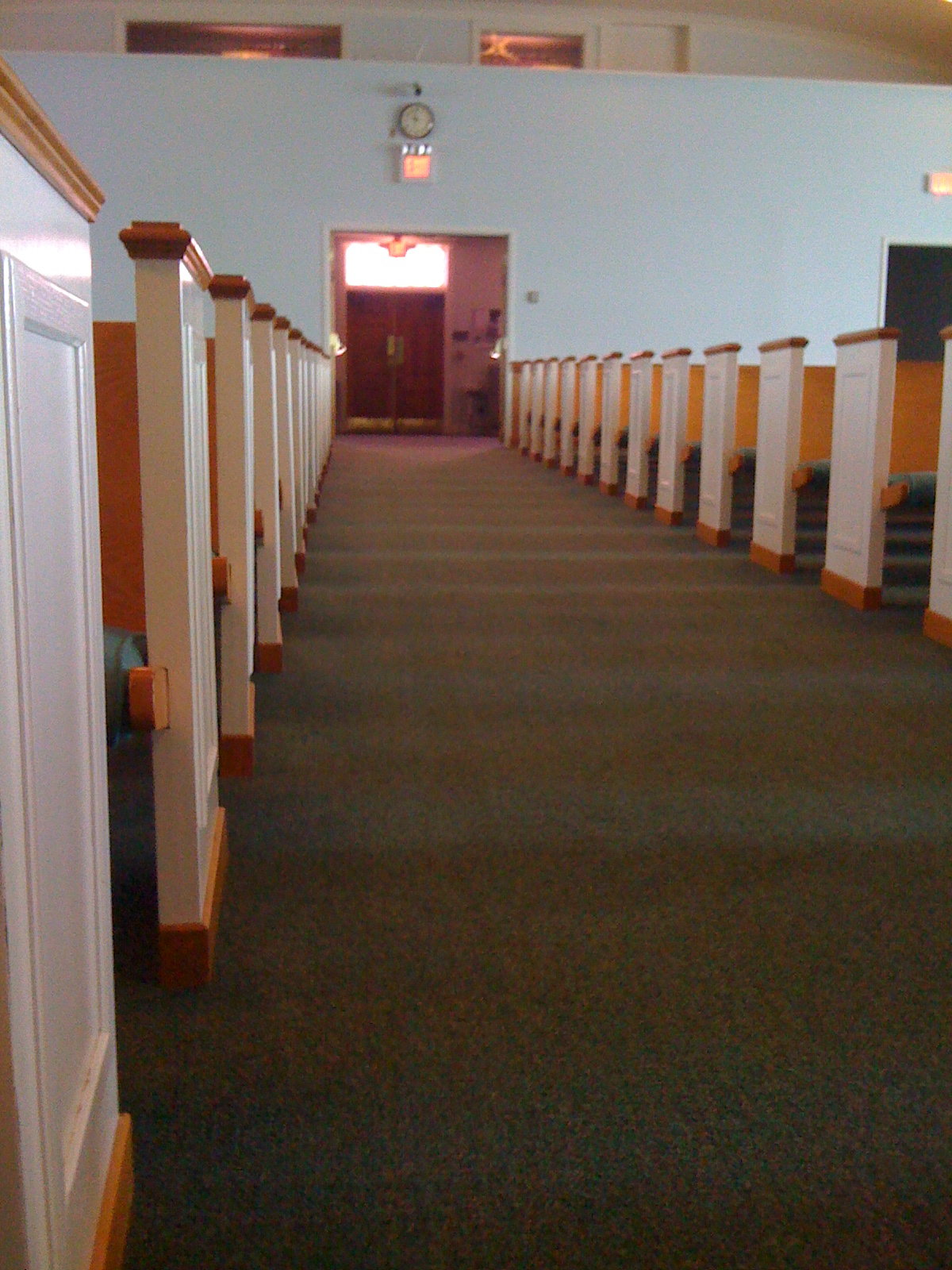A LOT of Verses
For many years, preachers in churches of Christ were known for using a lot (and I mean, a lot) of verses of Scripture. Whether the sermon was basically textual or topical, many passages were used to show the truth of the matter being presented.
Of course, passages can be taken out of context, but, as I read and listen to many of these sermons, I am touched by the faithfulness to the text in using verse after verse.
A few weeks ago, we were visiting where my parents worship and the young men led the evening services. One young man presented a good sermon on baptism. His lesson was basic in its message (nothing wrong with that), but I was impressed with something else: he used tons of Scripture. This young man said almost nothing in the sermon that was not “backed up” with the Bible.
Some would listen to a sermon like that and think, “That’s just prooftexting. I can’t believe we’re raising more prooftexters.” However, I thought something else as I listened. I was thinking, “Here’s a young man who knows that the proof is in the text!”
Preachers, Bible class teachers, elders, parents–anyone who has an influence on our young people–please encourage them to seek the Bible for all they do. Encourage them to find their proof from the text.
There’s nothing wrong with using a lot of verses. In fact, may we faithfully use as many as possible when we preach and teach, so that people will be hearing from God, and not from man.



9 Comments
James Hayes
I wouldn’t go so far as to say that there is nothing wrong with using a lot of verses. Sermons need to be more than a recitation of a Strong’s Concordance. Granted, all sermons should be based on Scripture. But if the preacher doesn’t take the time to compare and apply those verses to every day living, the hearers will be unsatisfied. Preachers need to teach both the “what” AND the “what now.”
Daniel Gaines
Adam, I appreciate your thoughts here. Similarly, I’ve often heard preachers criticized for using ‘too much’ scripture.
The sad truth is that worship is the only time that some of our members will open their Bibles during the week. Plenty of Scripture in a lesson will ensure that those Bibles do get a little use.
wayne davidson
I remember when we were known as people that knew and preached the Bible. That meant a lot of Scripture was quoted, and somehow our “progress?” into the modern times has changed that. I wonder if God sees this as progress or growth.
Billy
While I think it is important that everyone is clear on why the verses used in a message are used, I personally find it much more discouraging to sit down to listen to a sermon where very little scripture is used. We are there to hear a message from God’s word after all. If all we really want is for the preacher to entertain us with his own insight then maybe we should ask ourselves where our treasure is laid up.
Joey Sparks
Good thoughts. I think the one important thing a preacher needs to consistently do in this area is to get the audience to physically open their Bibles, no matter the number of passages referred to, quoted, or read.
andrewdphillips
I think we all agree that the proof is in the text (I like that phrase). And yet, it is easy to use so many different passages that we don’t stop to fully develop a thought or properly consider the context. Sometimes, taking a few verses of narrative and digging into it might mean that we quote fewer passages from other places but focus on the circumstances, context, and theological meaning of the passage. We can be scriptural without necessarily quoting passages from a lot of different places. Obviously, there are times in developing a topical theme (such as baptism), when consulting several texts is helpful.
Of course, if we don’t have application, not much can be accomplished. I heard one teacher say that we should always ask the “YBH” question – “Yes, but how?” for every lesson we teach. I like that thought.
Iain Cameron
I couldn’t agree more, I worry about a brotherhood that is seemingly becomingmore & more comfortable with what amounts to “sound-bites”. I fear that some of the more popular preachers of today are merely “raconteurs” who happen to be standing behind a pulpit.
Richard
We all seem to agree on scripture is needed to back up the point of the sermon. I have heard some lessons where there was so many scriptures used that watching paint dry would have been more interesting and informative. The lesson got lost in the scriptures being read. I guess I am trying to say that we need to studying the scriptures more indepth in class than from the pulpit. Also the number of scripture read would depend on the subject matter, I would believe.
That is one reason I like Adams messages. He always seems to have a good mix of scripture.
Wayne you are right, we were known for our knowledge of the scripture, and we seem to beat everyone over the head with it until we chased them away and got to be known as the only religion that was going to Heaven. I may be totally wrong, but I believe that is one reason why the churches of Christ have not grown like other religions.
Don’t misunderstand, I do not believe that we should teach anything other than the truth and let those that believe come to Him.
John
Explain, amplify, illustrate, apply. I think that’s how Tom Holland taught it at FHU back in the early 70’s. Amplify would bring in other scriptures. I think explain and apply would be essential with amplify and illustrate optional. We certainly need to explain and help the audience see how that text relates to their own lives. Reading and preaching are not the same thing. But, both are needed.